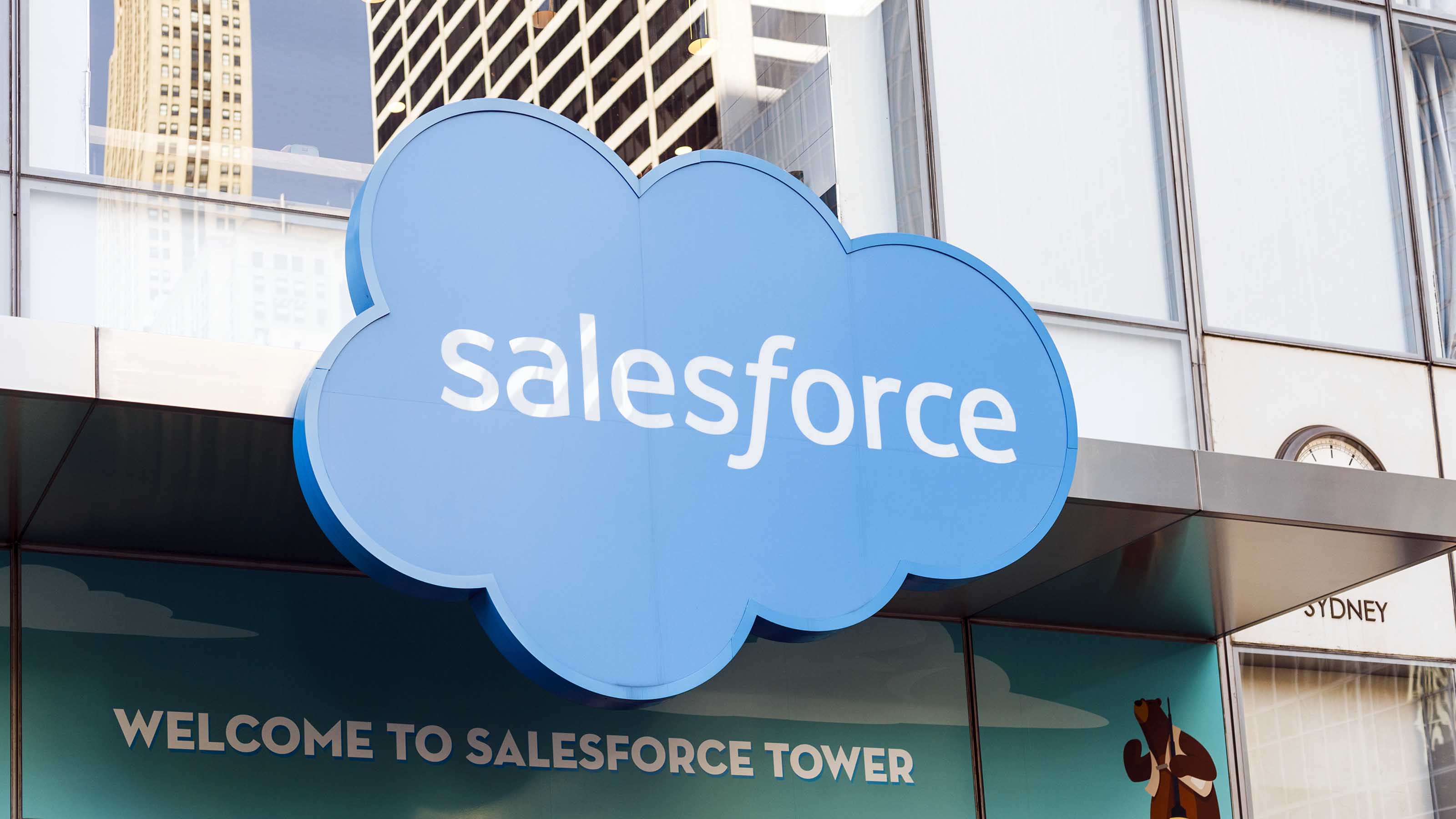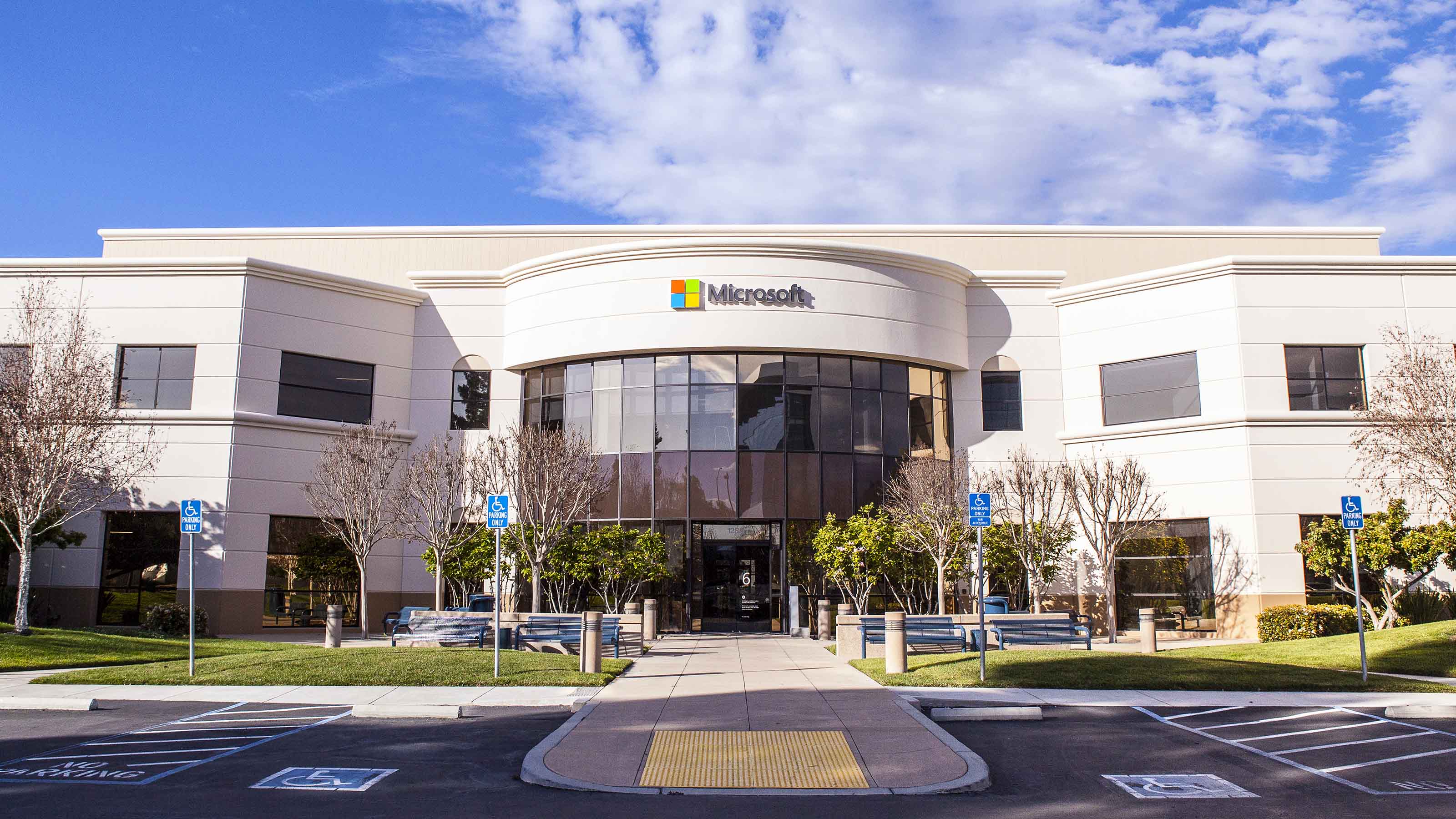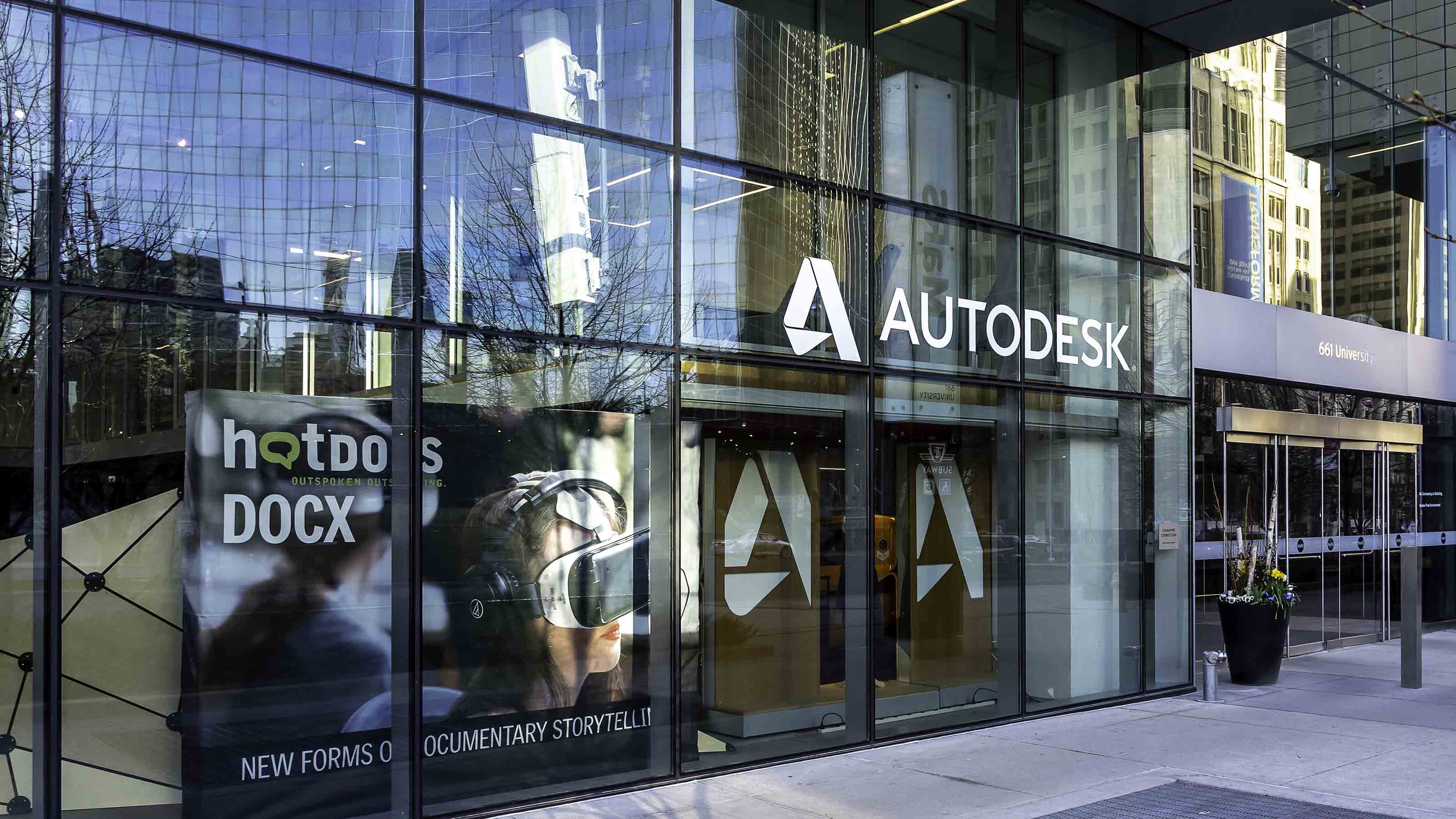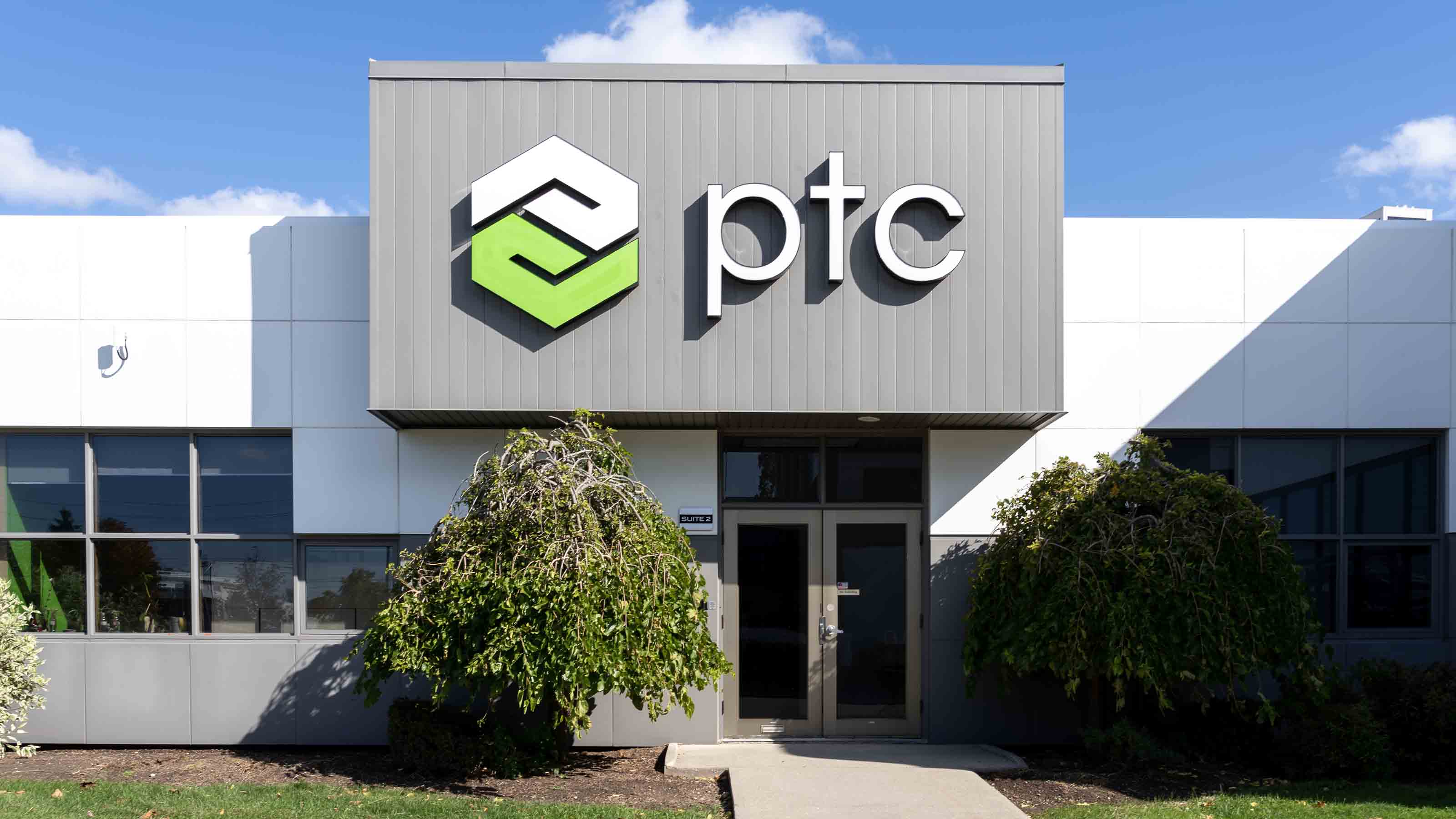5 Software Stocks That Analysts Love
Software is long into its migration from CDs and disks into the cloud. But this maturing industry continues to grow ... and these software stocks should benefit.


Profit and prosper with the best of Kiplinger's advice on investing, taxes, retirement, personal finance and much more. Delivered daily. Enter your email in the box and click Sign Me Up.
You are now subscribed
Your newsletter sign-up was successful
Want to add more newsletters?

Delivered daily
Kiplinger Today
Profit and prosper with the best of Kiplinger's advice on investing, taxes, retirement, personal finance and much more delivered daily. Smart money moves start here.

Sent five days a week
Kiplinger A Step Ahead
Get practical help to make better financial decisions in your everyday life, from spending to savings on top deals.

Delivered daily
Kiplinger Closing Bell
Get today's biggest financial and investing headlines delivered to your inbox every day the U.S. stock market is open.

Sent twice a week
Kiplinger Adviser Intel
Financial pros across the country share best practices and fresh tactics to preserve and grow your wealth.

Delivered weekly
Kiplinger Tax Tips
Trim your federal and state tax bills with practical tax-planning and tax-cutting strategies.

Sent twice a week
Kiplinger Retirement Tips
Your twice-a-week guide to planning and enjoying a financially secure and richly rewarding retirement

Sent bimonthly.
Kiplinger Adviser Angle
Insights for advisers, wealth managers and other financial professionals.

Sent twice a week
Kiplinger Investing Weekly
Your twice-a-week roundup of promising stocks, funds, companies and industries you should consider, ones you should avoid, and why.

Sent weekly for six weeks
Kiplinger Invest for Retirement
Your step-by-step six-part series on how to invest for retirement, from devising a successful strategy to exactly which investments to choose.
The software industry is driving the digital transformation of our society and economy. At this point, software runs on almost every device we use. So it's no surprise that software stocks enjoyed huge gains in 2020, as the coronavirus pandemic forced us to stay at home, accelerating the move to digital.
2021 hasn't been as kind. The Dow Jones U.S. Software Total Stock Index is up just 3.1% year-to-date versus a 10.5% gain for the broader market, and many software stocks are in the red so far this year. However, IT spending is on the rise, giving us the perfect opportunity to scoop up shares on pullbacks.
One area where we're particularly bullish is SaaS, or software as a service.
SaaS is a type of licensing model where users access software on a subscription basis. Unlike 15 years ago, when you bought software on discs that were downloaded to a hard drive, software is now located on external servers – think Adobe Creative Suite or Microsoft 365. This is made possible because of "the cloud," which refers to servers on which different types of software run and that users can access via the internet.
Software hosted on the cloud not only reduces costs for customers but also provides a time-saving option for software updates. For SaaS companies, this model provides a steady stream of subscription revenue, instead of having to market to customers to upgrade their software.
But which software stocks look most attractive to investors right now? This is a still-growing industry, but it's also a mature one where not every player is guaranteed growth, so selectivity matters. One solution is to find companies with compelling business cases and strong fundamentals alike, the latter of which we can check using the Stock News "POWR Ratings" system.
We've done just that, identifying a universe of top software stocks based on POWR Ratings' fundamental checks, and focusing on those that are also well-liked by Wall Street analysts covering those firms.
Data is as of May 11. POWR Ratings work on an A-B-C-D-F system.

Salesforce.com
- Market value: $196.7 billion
- POWR Ratings overall rating: Buy
- POWR Ratings average broker rating: 1.46
Salesforce.com (CRM, $215.56) is the largest customer relationship management (CRM) vendor globally, with a 30% share in the sales force automation space. Around 90% of Fortune 100 companies use at least one of CRM's software. The company is poised to continue capturing even more of this $130 billion market as CRM is a leader in all of the markets it serves. Plus, its customer retention has been improving over time.
Salesforce.com has directly benefited from the move to the cloud. The rapid adoption of its cloud-based offerings is driving demand for its products. The company has, over time, added more features to its offerings, such as customer service, marketing automation, e-commerce, analytics and artificial intelligence. And each of the features is tightly integrated.
In addition, CRM has emphasized expanding its margin in recent quarters. Its current gross margin is 74.4%, while its net profit margin is 19.2%.
The POWR Ratings system, which gives CRM a B grade (so, Buy), gives strong marks for growth potential. Near-term, current-quarter earnings are expected to jump 25.7% year-over-year. Sales, which popped 20% in the prior quarter, are expected to jump 21.5% in the current period. If so, that would keep up Salesforce's longstanding top-line growth track record – sales have improved by an average of 24.6% annually over the past half-decade.
Salesforce's balance sheet shines, too. The stock has a current ratio of 1.2, which indicates it has more than enough liquidity to handle short-term debt. A current ratio is calculated by dividing a company's current assets ($21.9 billion) by its current liabilities ($17.7 billion). Ideally, a firm's current assets should be higher than its current liabilities. CRM also had $12 billion in cash as of the end of January.
Thirty-one analysts have a Strong Buy or Buy rating on the stock, according to the POWR Ratings analyst feature, putting it among the most-loved software stocks on Wall Street. That bull camp includes Wolfe Research analyst Alex Zukin, who recently slapped an Outperform rating on CRM with a $270 12-month price target. You can check out Salesforce's other grades – including Value, Momentum, Stability and Sentiment – at Stock News.

Microsoft
- Market value: $1.8 trillion
- POWR Ratings overall rating: Buy
- POWR Ratings average broker rating: 1.33
Microsoft (MSFT, $246.23) needs no introduction. It's not just one of the largest software stocks on the market – it's one of the largest technology providers in the world. The company absolutely dominates the PC software market with an 80% share in operating systems.
If you remember getting Office software even 10 years ago, it would have either come pre-installed on your computer or on a disc. While Office certainly still dominates, it's now run on a SaaS model.
Microsoft holds as close as a monopoly as you could want on productivity software and operating systems. Its switch to subscription-based services has produced reliable income and improving margins. Its current operating margin is 40.2%, with a net profit margin of 35%.
The PC market is not the only place where the company shines, though. Azure, its cloud offering, is MSFT's largest and fastest-growing business and a leading player in the space. Its collaborative Microsoft Teams product is also based on a subscription model.
Microsoft – also a B, or Buy, in the POWR Ratings service – has an A grade for Sentiment, which simply means that Wall Street analysts love the stock. According to the StockNews Price Target feature, thirty-one analysts have a Strong Buy or Buy rating on the stock.
Among those is Argus Research's Joseph Bonner, who recently reiterated his Buy rating and $300 price target.
"As enterprises and, indeed, economies emerge from the COVID-19 lockdown enforced trough, Microsoft is well positioned to execute on increased enterprise IT spending to spur growth as it is one of the few companies that has a product set aimed at enterprise efficiency, cloud transformation and collaboration, with a large and loyal installed base," Bonner says. "We should also mention Microsoft's large cash cushion and rock-solid balance sheet as important differentiators."
Indeed, Microsoft's Quality grade of B indicates a strong balance sheet. In addition to improving margins, the company has a return on equity of 41.7% and a return on invested capital of 29%, which means MSFT is managed efficiently. Microsoft also had a whopping $125.4 billion in cash as of the end of March, dwarfing its long-term debt of $50 billion.
You can get a full look at Microsoft's grades on the Stock News Price Target page.

Adobe
- Market value: $227.8 billion
- POWR Ratings overall rating: Buy
- POWR Ratings average broker rating: 1.38
Adobe (ADBE, $485.19) is another global software titan. The company generates the bulk of its revenue through licensing fees from customers. It completely dominates the content creation market. Originally known for its PDF reader and Photoshop, ADBE is now a diversified software company offering electronic document technology and graphic content authoring applications to creative professionals, developers and large enterprises.
Adobe has been enjoying increased customer engagement on its website thanks to the remote working environment. This has bolster results over the past few quarters, and it has propped up earnings estimates for the quarter ending in May. Over the past two months, analysts have raised their EPS estimates from $2.70 per share to $2.81. The increased customer engagement won't change anytime soon as its solutions are located on the cloud.
ADBE remains the de facto standard in content creation software with its Document Cloud. In addition, as smartphone purchases continue to increase, more and more people will be using its PDF file format. ADBE has also added marketing services in its digital experience segment, which should help drive growth over the long term. Indeed, analysts are forecasting an annual earnings growth rate of 17.5% over the next five years.
The POWR Ratings service rates ADBE a B, in part because of B grade for Sentiment. Twenty-three analysts rate the company a Buy or Strong Buy, which makes for one of the most bullish camps among software stocks.
Among those optimistic pros is Stifel, which notes a new relationship with a FedEx (FDX) subsidiary.
"With COVID driving increases in e-commerce sales (Adobe highlights 42% y/y growth in U.S. online shipping) in 2020, businesses and software vendors have been forced to assess the most suitable shipping solutions and providers to ultimately get their products into customer's hands," Stifel says. "At (the company's 2021 virtual summit), Adobe announced a new relationship between FedEx's subsidiary ShopRunner and Adobe Commerce that will enable free two-day shipping, seamless checkout, returns, and customer loyalty solutions. Additionally, Adobe merchants will gain access to FedEx postpurchase logistics intelligence, which aids users in the prioritization and coordination of order fulfillment and delivery efforts.
"We believe this partnership can help Adobe keep pace with the rapid pace of change and heightened levels of customer expectations in the e-commerce market."
Adobe also features a strong balance sheet that features $5 billion in cash versus zero short-term debt and $4.1 billion in long-term IOUs. ADBE also has a favorable current ratio of 1.3, and a fat net profit margin of 40.7%. You can get access to the rest of ADBE's grades at Stock News.

Autodesk
- Market value: $59.9 billion
- POWR Ratings overall rating: Buy
- POWR Ratings average broker rating: 1.55
Autodesk (ADSK, $277.42) is an application software company serving industries in architecture, engineering and construction. Its software enables the design, modeling and rendering needs of these industries. The firm is considered the global standard for computer-aided design software. Millions rely on its software to design and model buildings, manufacture products, and animate films and video games.
Like many other software stocks, ADSK has switched to a SaaS model. This should bring on more customers who were previously using outdated versions of its software. It also should extract greater revenue per user. That's most likely why analysts expect Autodesk to grow earnings an average of 35.6% annually over the next five years.
ADSK has primarily driven revenue through relationships with higher-education programs to expose professionals to its software. Once introduced to the software, professionals are much more likely to use it when entering the workforce, as it's more difficult to learn new software.
ADSK is another Buy-rated play, according to POWR Ratings. And it too has a strong Sentiment grade of B thanks to the "smart crowd's" affinity for the stock. Fifteen analysts are bullish on shares at the moment, including Credit Suisse's Bhavin Shah, who recently assumed coverage with an Outperform rating and $340 price target – that implies 23% upside from current levels.
The Quality grade of A reflects a rock-solid balance sheet with $1.9 billion in cash versus no short-term debt and $1.6 billion of long-term debt. The situation looks even better when you consider that operating and free cash flow have both steadily improved over the past couple of years. Check out the rest of ADSK's grades on Stock News.

PTC
- Market value: $15.2 billion
- POWR Ratings overall rating: Buy
- POWR Ratings average broker rating: 1.44
PTC (PTC, $130.16) isn't as large or well-known as the other software stocks on this list, but it's a potential-packed play in the space.
PTC provides software solutions and services that aid manufacturing companies in the design, operation, and management of products. Its offerings include high-end computer-assisted design software (Creo) and product lifecycle management software (Windchill), in addition to internet-of-things (IoT) and augmented reality (AR) industrial solutions.
The company is benefitting from the increased adoption of computer-based design in the automotive sector. An increase in demand for precision in design and digitalization of construction should drive demand for its Creo 3D CAD offering in the automotive, aerospace, manufacturing, and defense spaces. Plus, an increase in spending by companies on next-gen tech like IoT and AR/VR presents future growth potential for PTC.
All these factors help explain why analysts expect the company to grow earnings 29% in 2021, and at an average of 22.3% annually over the next five years. That filters down into a B rating in the POWR Ratings system.
The analysts seem to like PTC as well, given a B grade for Sentiment. Thirteen of 16 covering analysts rate the stock a Buy or Strong Buy, including Barclays, which recently upped its price target to $161 per share (24%).
Healthy financials educate a Quality grade of B. That's based on a current ratio of 1.3, and $326 million in cash compared with no short-term debt as of the most recent reported quarter. It is worth pointing out that long-term debt is $1.5 billion, but a well-above-industry-average gross margin of 78.2% helps PTC generate plenty of free cash flow.
To access the rest of PTC's grades, check out Stock News.
Profit and prosper with the best of Kiplinger's advice on investing, taxes, retirement, personal finance and much more. Delivered daily. Enter your email in the box and click Sign Me Up.

David Cohne has 20 years of experience as an investment analyst and writer. Prior to StockNews, David spent 11 years as a consultant providing outsourced investment research and content to financial services companies, hedge funds and online publications. David enjoys researching and writing about stocks and the markets. He takes a fundamental quantitative approach in evaluating stocks for readers.
-
 How Much It Costs to Host a Super Bowl Party in 2026
How Much It Costs to Host a Super Bowl Party in 2026Hosting a Super Bowl party in 2026 could cost you. Here's a breakdown of food, drink and entertainment costs — plus ways to save.
-
 3 Reasons to Use a 5-Year CD As You Approach Retirement
3 Reasons to Use a 5-Year CD As You Approach RetirementA five-year CD can help you reach other milestones as you approach retirement.
-
 Your Adult Kids Are Doing Fine. Is It Time To Spend Some of Their Inheritance?
Your Adult Kids Are Doing Fine. Is It Time To Spend Some of Their Inheritance?If your kids are successful, do they need an inheritance? Ask yourself these four questions before passing down another dollar.
-
 Nasdaq Slides 1.4% on Big Tech Questions: Stock Market Today
Nasdaq Slides 1.4% on Big Tech Questions: Stock Market TodayPalantir Technologies proves at least one publicly traded company can spend a lot of money on AI and make a lot of money on AI.
-
 Nasdaq Drops 172 Points on MSFT AI Spend: Stock Market Today
Nasdaq Drops 172 Points on MSFT AI Spend: Stock Market TodayMicrosoft, Meta Platforms and a mid-cap energy stock have a lot to say about the state of the AI revolution today.
-
 S&P 500 Tops 7,000, Fed Pauses Rate Cuts: Stock Market Today
S&P 500 Tops 7,000, Fed Pauses Rate Cuts: Stock Market TodayInvestors, traders and speculators will probably have to wait until after Jerome Powell steps down for the next Fed rate cut.
-
 S&P 500 Hits New High Before Big Tech Earnings, Fed: Stock Market Today
S&P 500 Hits New High Before Big Tech Earnings, Fed: Stock Market TodayThe tech-heavy Nasdaq also shone in Tuesday's session, while UnitedHealth dragged on the blue-chip Dow Jones Industrial Average.
-
 Dow Rises 313 Points to Begin a Big Week: Stock Market Today
Dow Rises 313 Points to Begin a Big Week: Stock Market TodayThe S&P 500 is within 50 points of crossing 7,000 for the first time, and Papa Dow is lurking just below its own new all-time high.
-
 Nasdaq Leads Ahead of Big Tech Earnings: Stock Market Today
Nasdaq Leads Ahead of Big Tech Earnings: Stock Market TodayPresident Donald Trump is making markets move based on personal and political as well as financial and economic priorities.
-
 11 Stock Picks Beyond the Magnificent 7
11 Stock Picks Beyond the Magnificent 7With my Mag-7-Plus strategy, you can own the mega caps individually or in ETFs and add in some smaller tech stocks to benefit from AI and other innovations.
-
 Dow Dives 870 Points on Overseas Affairs: Stock Market Today
Dow Dives 870 Points on Overseas Affairs: Stock Market TodayFiscal policy in the Far East and foreign policy in the near west send markets all over the world into a selling frenzy.
